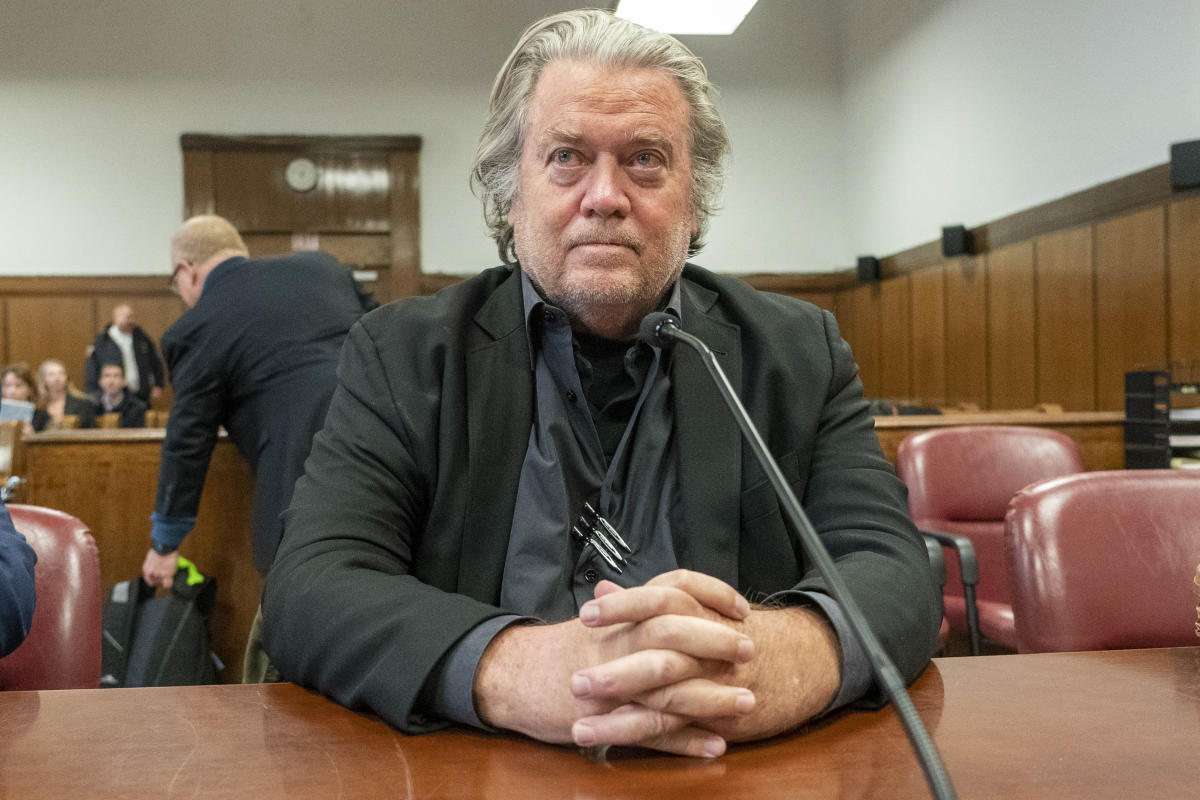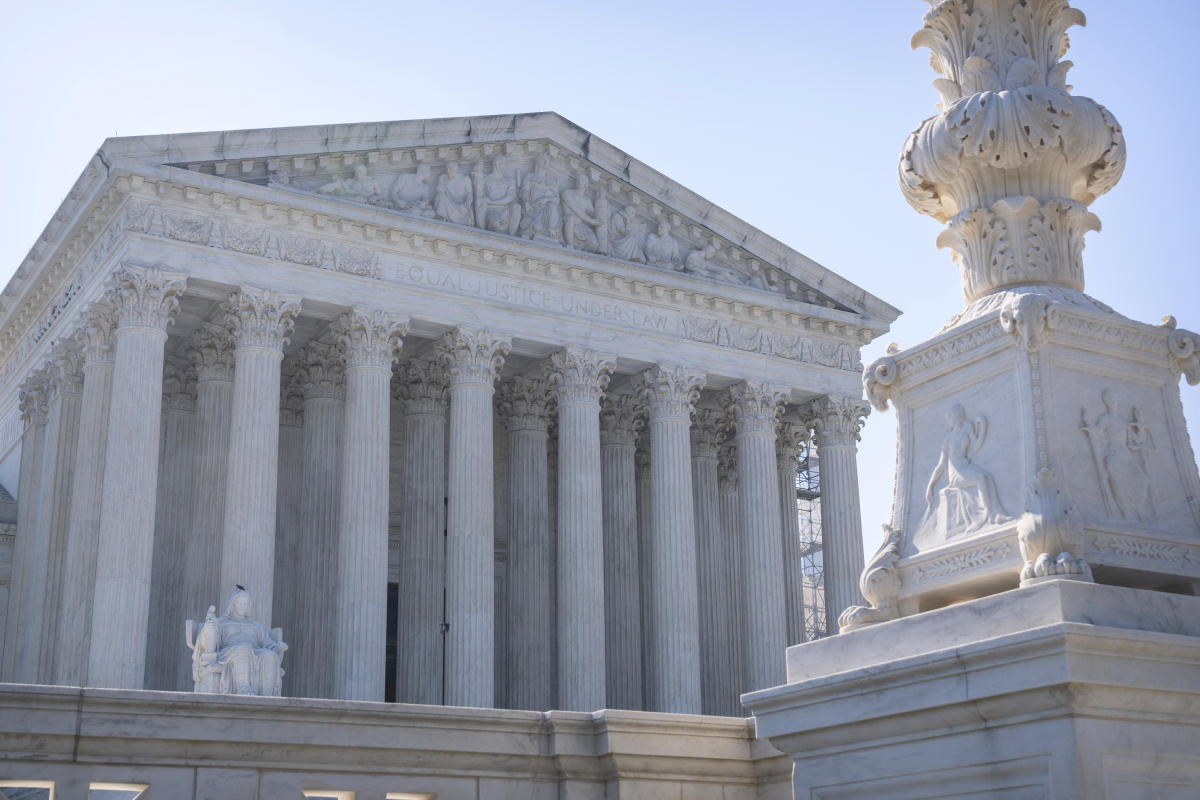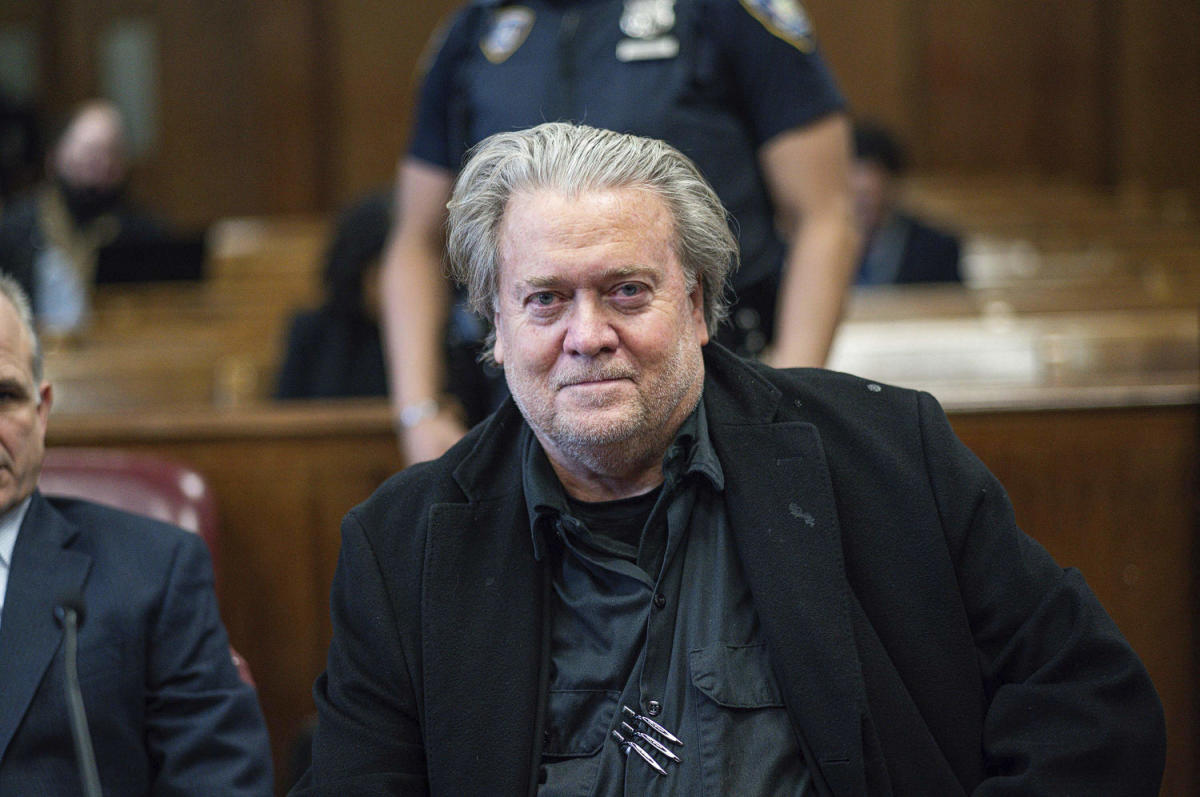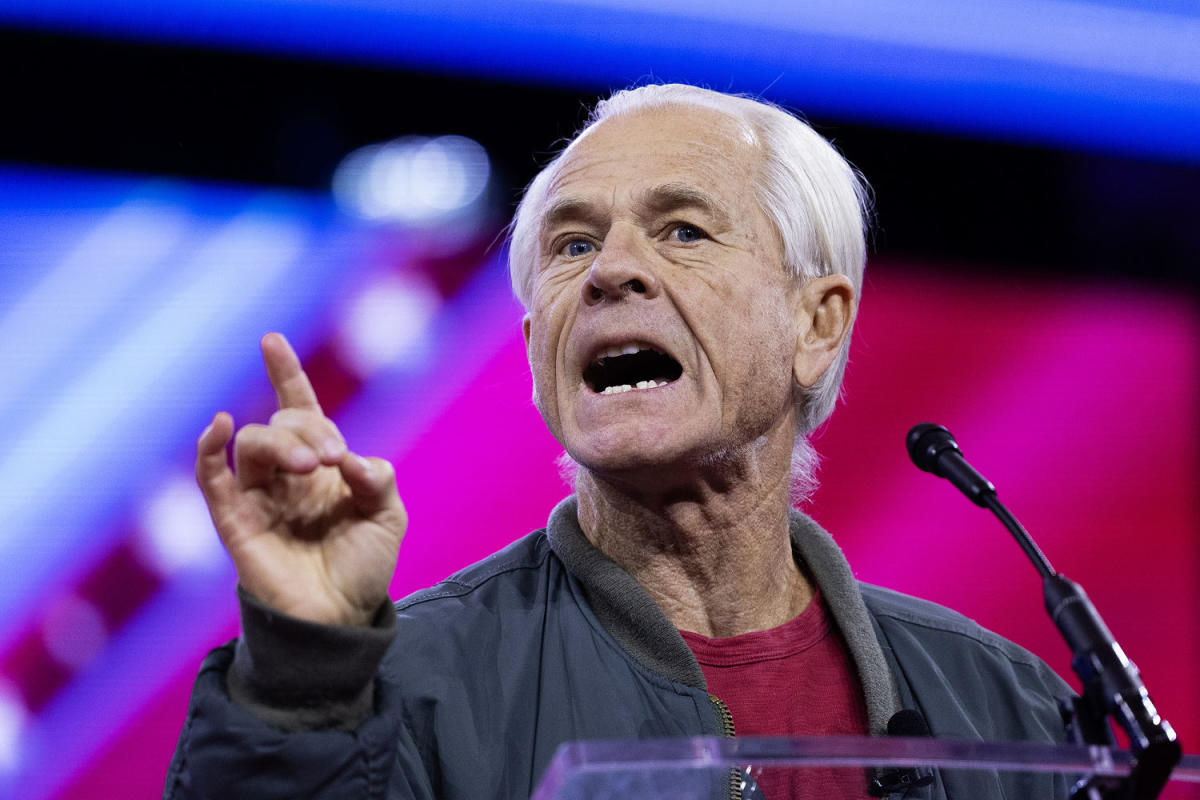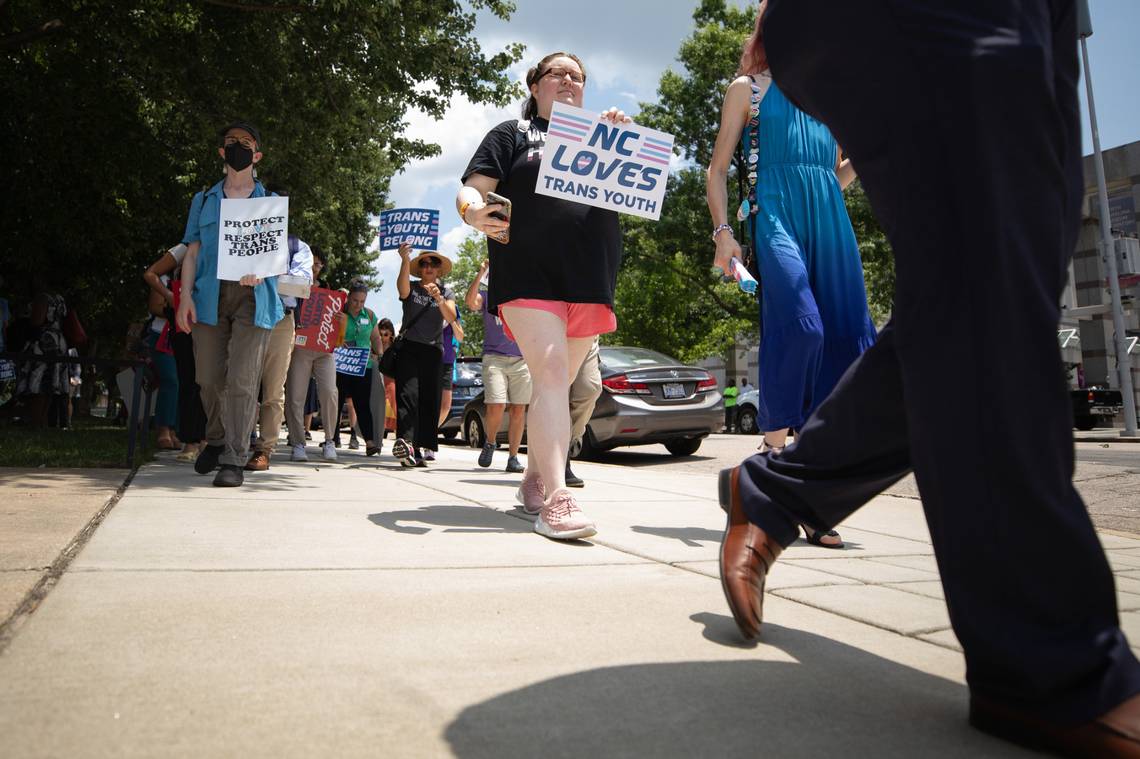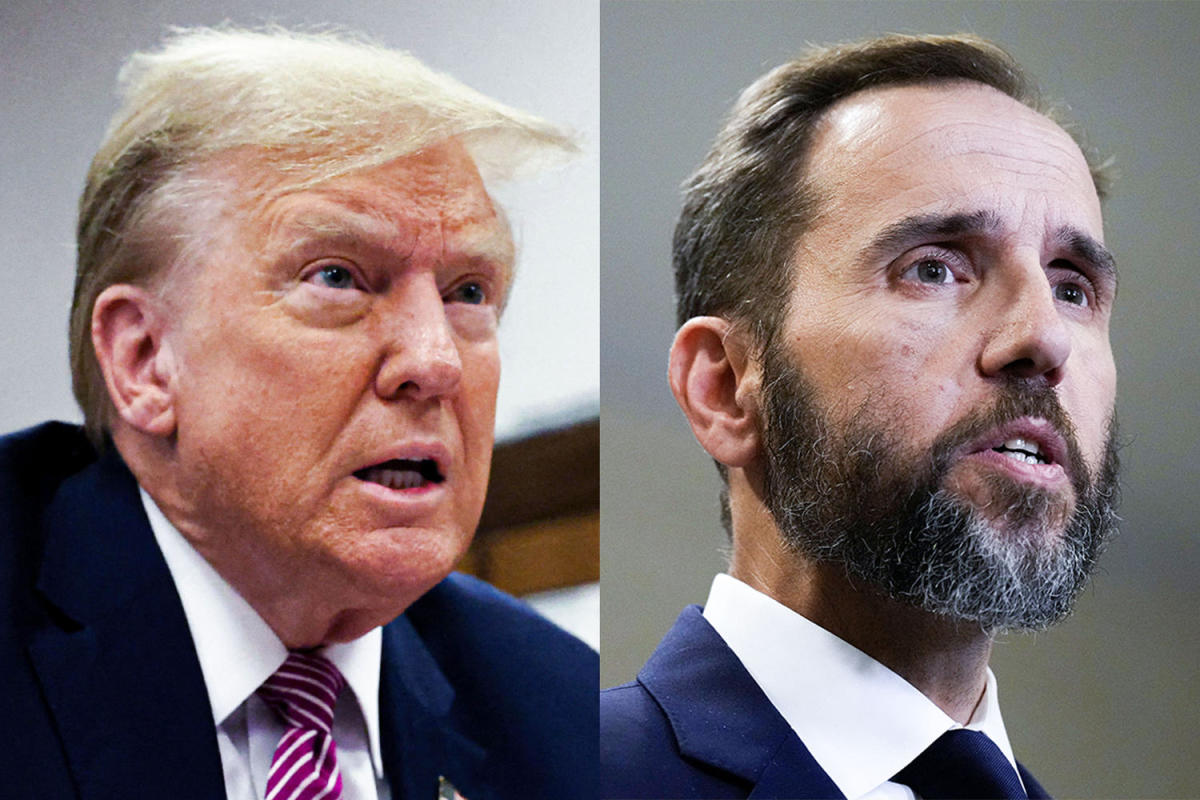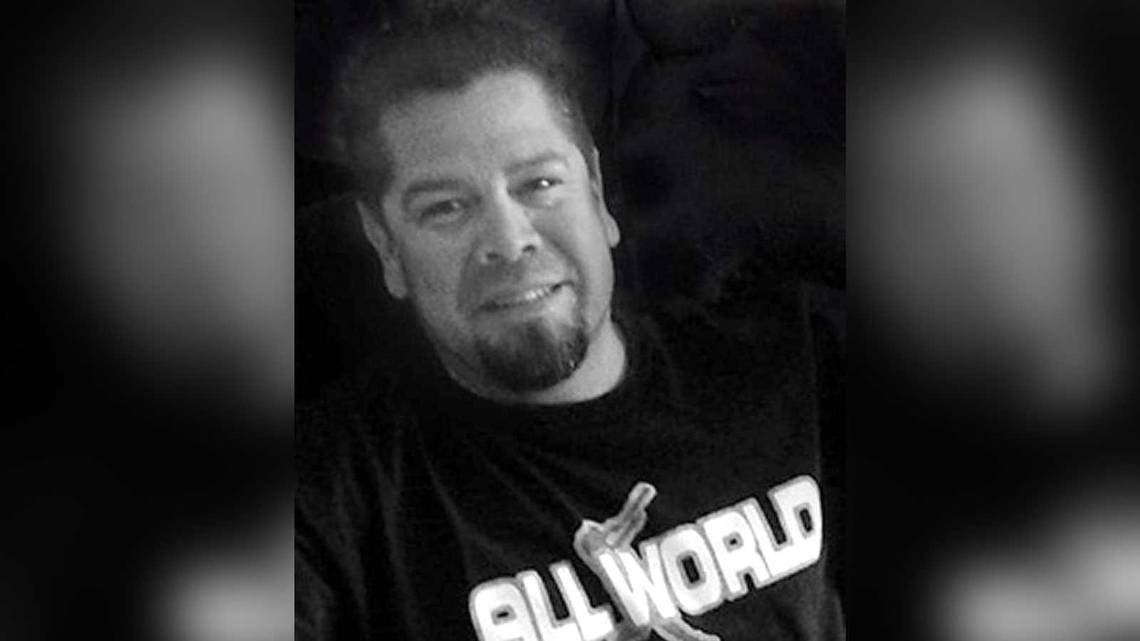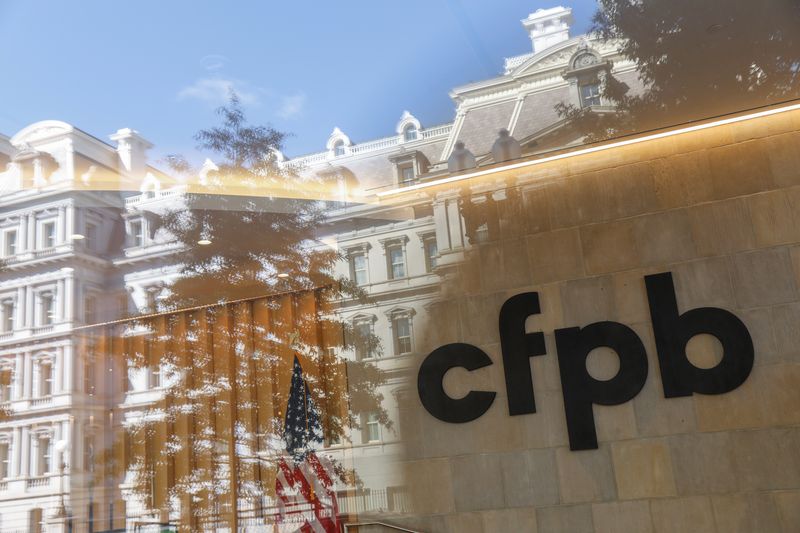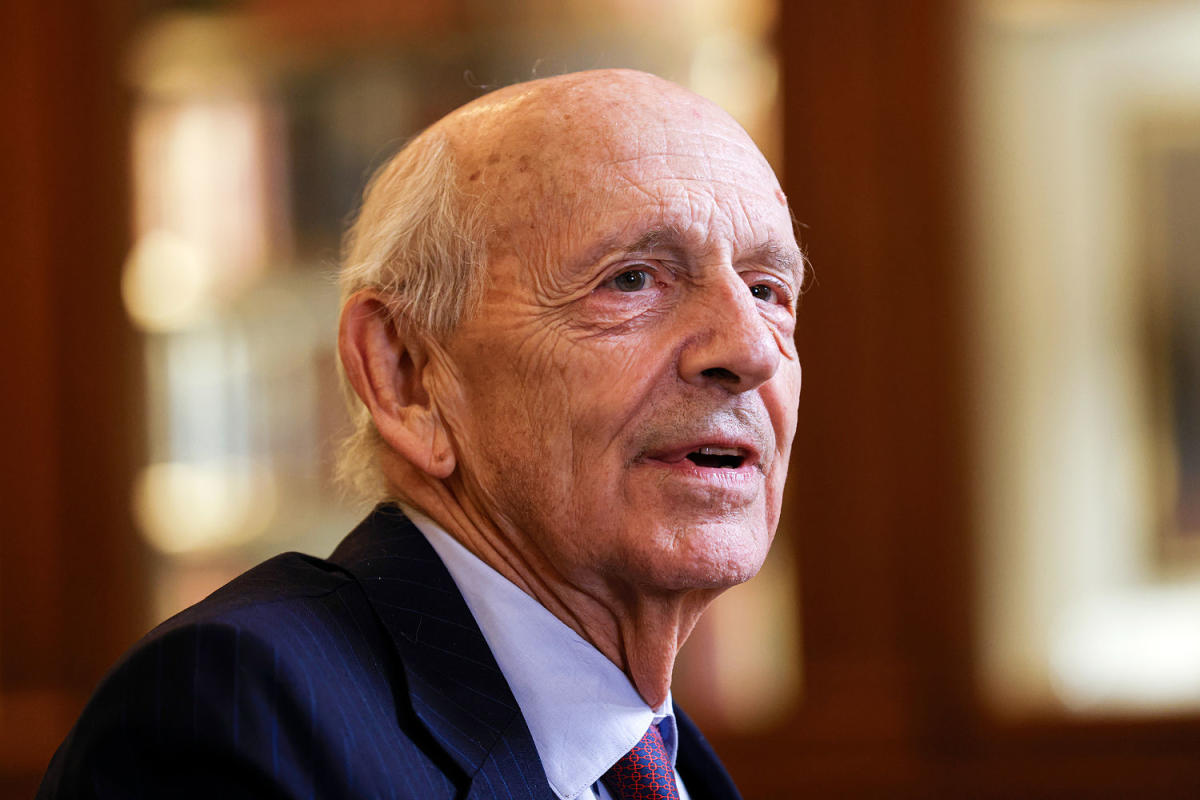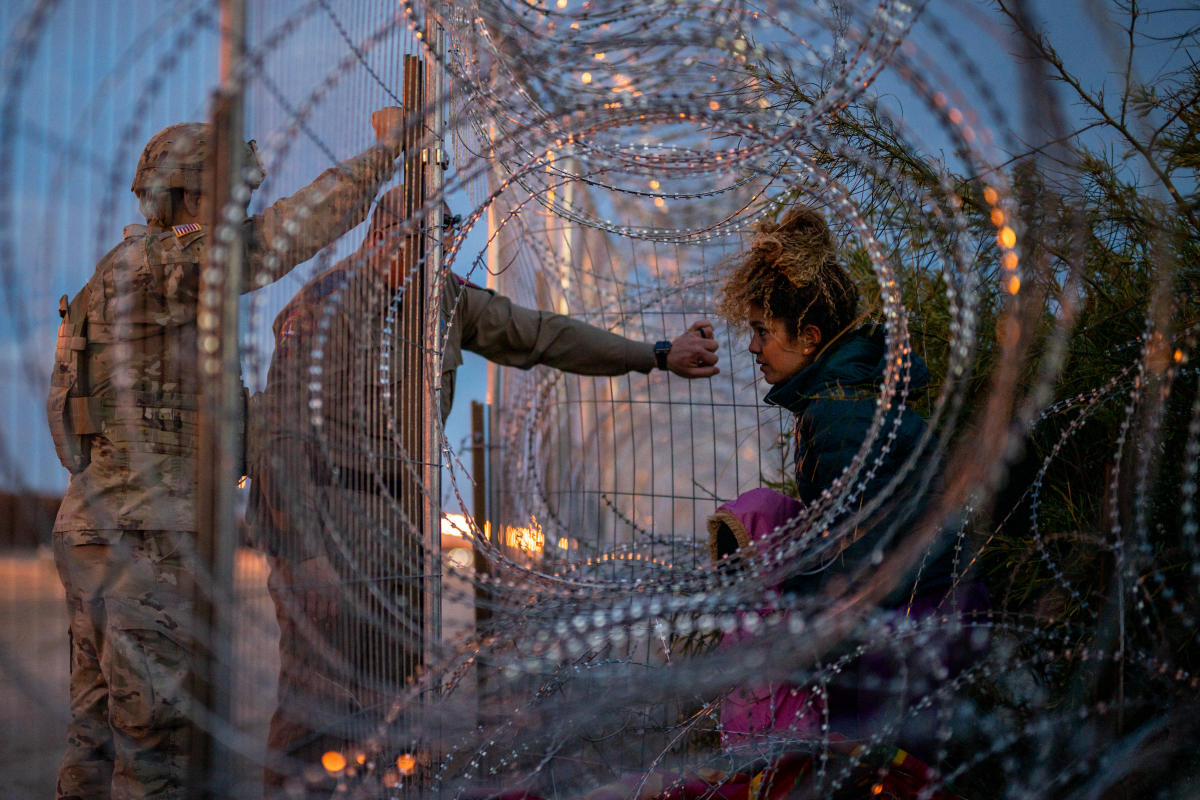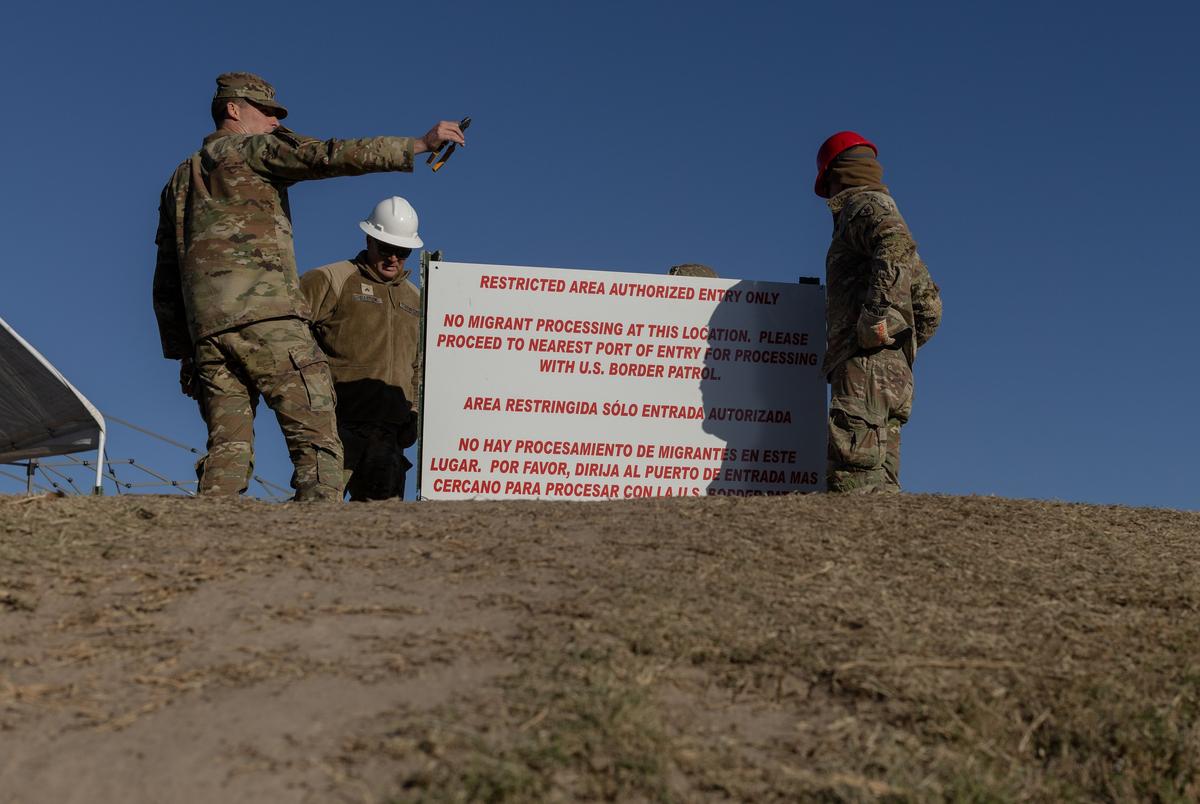WASHINGTON (AP) — A federal appeals court panel on Thursday declined longtime Donald Trump ally Steve Bannon‘s quote to avoid of jail while he battles his conviction for defying a subpoena from your house committee that examined the U.S. Capitol attack.
Bannon is expected to report to jail by July 1 to start serving his four-month sentence for contempt of Congress.
U.S. District Judge Carl Nichols, who was chosen to the bench by Trump, previously this month gave district attorneys’ demand to send out Bannon to jail after a three-judge panel of the U.S. Court of Appeals for the D.C. Circuit supported his conviction.
Bannon’s legal representatives had actually asked the appeals court to permit him to stay totally free while he continues to combat the conviction all the method as much as the Supreme Court, if needed. However in a 2-1 vote, the D.C. Circuit panel stated Bannon’s case “does not require a departure from the basic guideline” that accuseds start serving their sentence after conviction.
Judge Justin Walker dissented, composing that Bannon needs to not need to go to jail before the Supreme Court chooses whether to use up his case.
Bannon is anticipated to ask the Supreme Court to ward off his jail sentence. His lawyers didn’t right away react to an e-mail looking for remark Thursday.
He was founded guilty almost 2 years ago of 2 counts of contempt of Congress: one for declining to sit for a deposition with the Jan. 6 Home Committee and the other for declining to supply files associated with his participation in efforts by Trump, a Republican politician, to reverse his 2020 governmental election loss to Joe Biden, a Democrat.
Bannon’s legal representative at trial argued that the previous Trump consultant didn’t neglect the subpoena however was still participated in good-faith settlements with the congressional committee when he was charged. The defense has actually stated Bannon had actually been counting on the recommendations on his lawyer, who thought that Bannon couldn’t affirm or produce files due to the fact that Trump had actually conjured up executive advantage.
Attorneys for Bannon state the case raises major legal concerns that will likely require to be dealt with by the Supreme Court however he will have currently completed his jail sentence by the time the case arrives.
In court documents, Bannon’s legal representatives likewise argued that there is a “strong public interest” in permitting him to stay totally free in the run-up to the 2024 election due to the fact that Bannon is a leading consultant to Trump’s project.
Bannon’s legal representatives stated the Justice Department, in attempting to imprison him now, is “offering a look that the federal government is attempting to avoid Mr. Bannon from completely helping with the project and speaking up on crucial concerns, and likewise making sure the federal government exacts its pound of flesh before the possible end of the Biden Administration.”
District attorneys stated in court documents that Bannon’s “function in political discourse” is unimportant.
“Bannon likewise cannot reconcile his claim for unique treatment with the bedrock concept of equivalent justice under the law,” district attorneys composed. “Even-handed application of the bail statute needs Bannon’s ongoing detention.”
A 2nd Trump assistant, trade consultant Peter Navarro, is currently serving his four-month jail sentence for contempt of Congress. Navarro, too, has actually stated he couldn’t comply with the committee due to the fact that Trump had actually conjured up executive advantage. The judge disallowed him from making that argument at trial, nevertheless, discovering that he didn’t reveal Trump had really invoked it.
Your House Jan. 6 committee’s last report asserted that Trump criminally participated in a “multi-part conspiracy” to reverse the legal outcomes of the 2020 election and stopped working to act to stop his fans from assaulting the Capitol, concluding a remarkable 18-month examination into the previous president and the violent insurrection.
